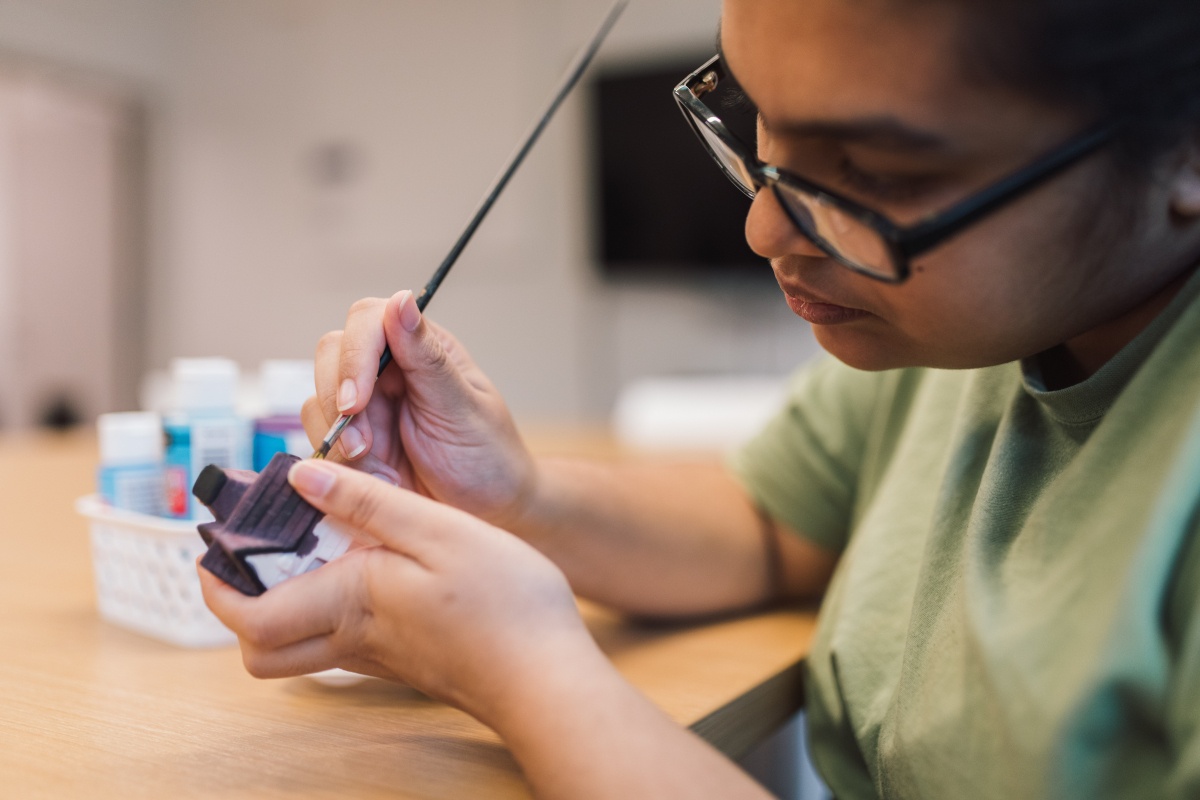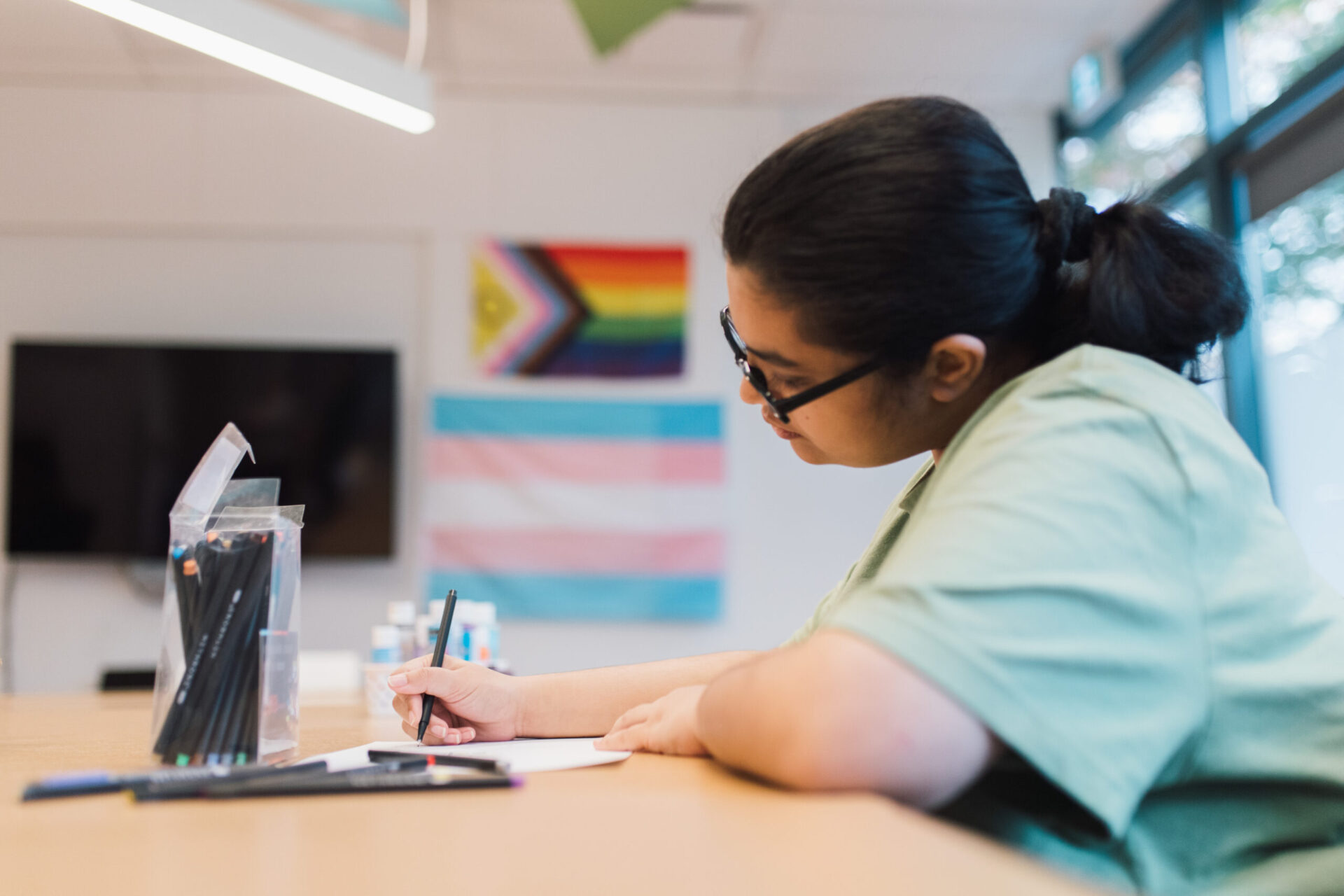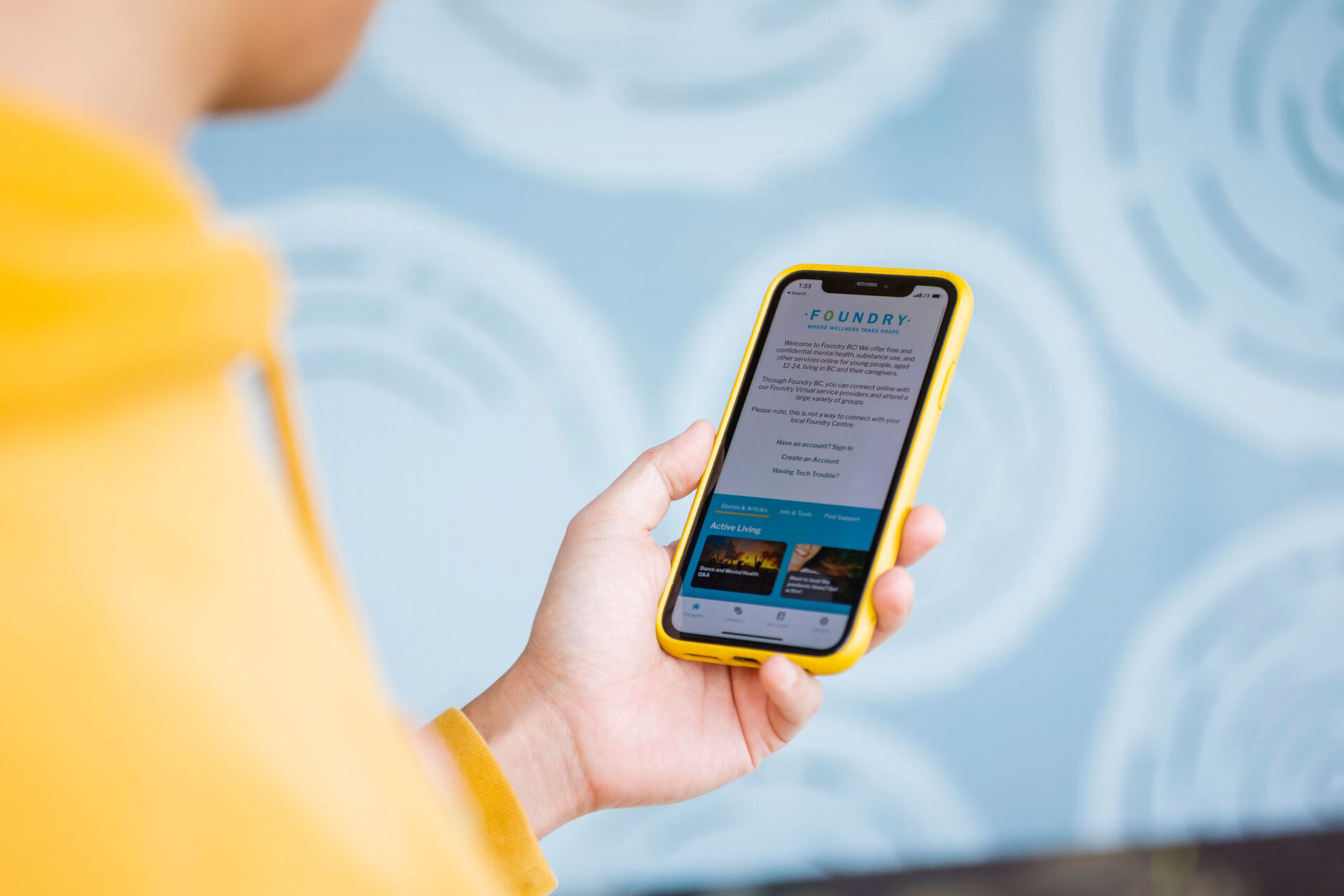School

School can be an exciting, inspiring and meaningful time in your life. But, it can also be really stressful! The good news is there are ways to deal with the challenges and enjoy the experience.
Applying to Post-Secondary Programs
5 mins
Once you have an idea of the career you want to pursue, the first step is to apply for the program(s) that will get you there. Search academic and trades programs on the websites of institutes, colleges or universities and make a list of the ones you are interested in. Start by searching academic and trades programs on the websites of institutes, colleges, or universities and make a list of the ones you are interested in. Talk to your school counsellor or career advisor if you want advice on choosing a program. You can find information on different programs in BC here. Explore the options while you’re still in high school to make sure you have the courses you need.
Want to explore and learn more? Here are some options for you.

Post-Secondary Education

5 Tips for Studying Effectively

Apps & Tools


